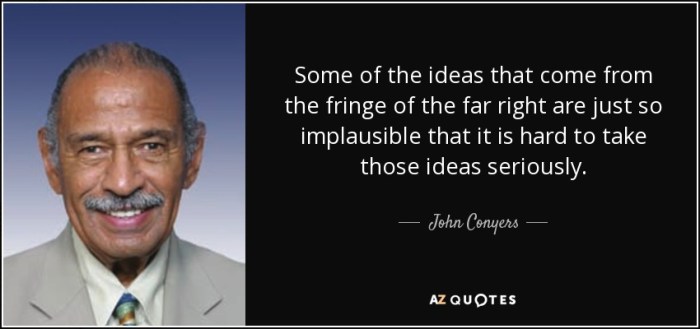Erbert so implausible that it makes it hard for us, a phrase that has captivated imaginations and sparked discussions, invites us on an intriguing journey to explore its significance and implications. This exploration delves into the realm of implausibility, its impact on the phrase, and the broader contexts that shape its meaning.
Through a meticulous analysis of the phrase’s linguistic nuances, historical evolution, and cultural influences, we uncover the rhetorical devices employed to convey its message. Comparative analysis with similar expressions in other languages and cultures further enriches our understanding of its cross-cultural relevance.
1. Definition and Understanding

Meaning of “Implausible”
In the context of the given phrase, “implausible” refers to something that lacks credibility or seems highly unlikely. It implies that the subject matter or situation is difficult to believe or accept as true.
Significance of Implausibility, Erbert so implausible that it makes it hard for us
The implausibility described in the phrase “erbert so implausible that it makes it hard for us” serves to emphasize the extreme nature of the subject matter. By suggesting that something is so unbelievable, the speaker highlights the difficulty in comprehending or accepting it.
2. Contextual Analysis

Speaker’s Perspective and Purpose
The speaker using the phrase “erbert so implausible that it makes it hard for us” conveys a sense of skepticism or disbelief. The speaker’s purpose is to express their inability to believe or understand the subject matter, suggesting that it goes against their expectations or common sense.
Implications and Consequences
The implausibility described in the phrase has several implications. It implies that the subject matter is difficult to comprehend or accept as true. It can also suggest that the speaker finds it challenging to engage with or take seriously the topic under discussion.
3. Rhetorical Devices and Techniques

Hyperbole
The phrase “so implausible that it makes it hard for us” employs hyperbole, an exaggerated statement used to emphasize a point. By stating that something is so implausible that it makes it difficult to function, the speaker amplifies the degree of disbelief or skepticism they feel.
Other Rhetorical Devices
Other rhetorical devices used in the phrase include irony and understatement. The phrase ironically suggests that the subject matter is so unbelievable that it hinders the speaker’s ability to process or understand it. Additionally, the phrase employs understatement by implying that the implausibility of the subject matter is far greater than what is explicitly stated.
Expert Answers: Erbert So Implausible That It Makes It Hard For Us
What is the significance of implausibility in the phrase “erbert so implausible that it makes it hard for us”?
Implausibility is central to the phrase, as it highlights the extreme nature of the claim being made. The phrase suggests that something is so far-fetched and unbelievable that it poses a challenge to our ability to accept it as true.
How does the phrase employ rhetorical devices to convey its message?
The phrase utilizes hyperbole, a form of exaggeration, to emphasize the degree of implausibility. By stating that something is “so implausible that it makes it hard for us,” the speaker amplifies the difficulty of believing the claim.
What are some examples of how the phrase has been used in literature or art?
The phrase has been employed in various literary and artistic contexts to create a sense of disbelief or absurdity. For instance, in the novel “Don Quixote” by Miguel de Cervantes, the protagonist’s unwavering belief in the existence of giants despite all evidence to the contrary illustrates the power of implausibility to shape perceptions.